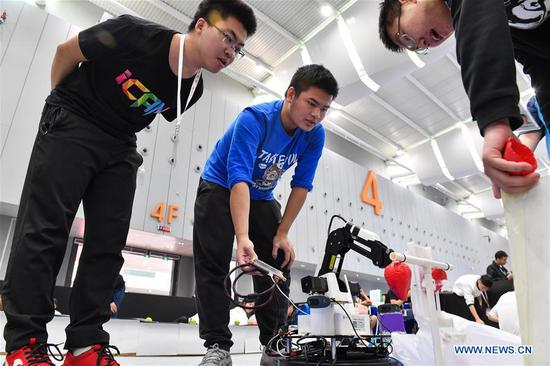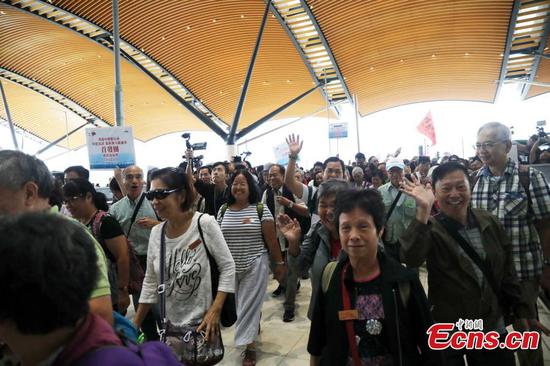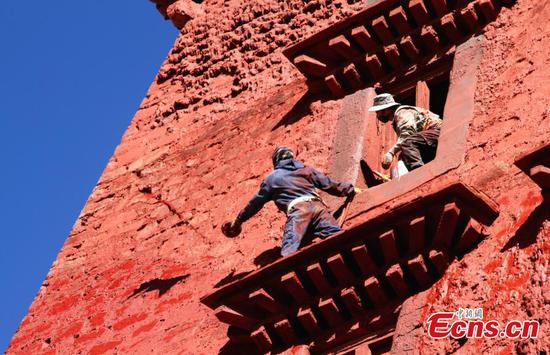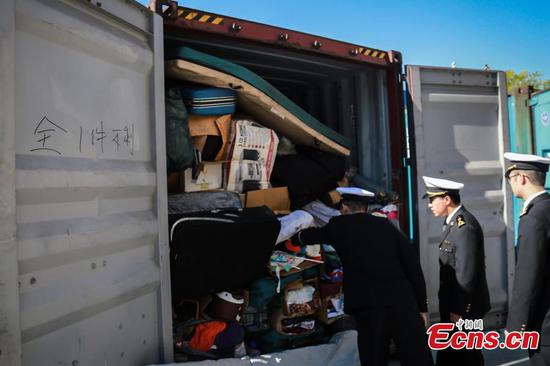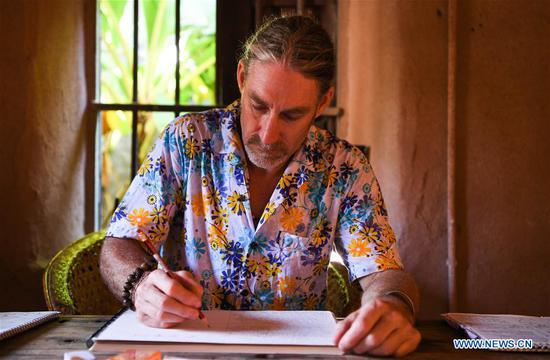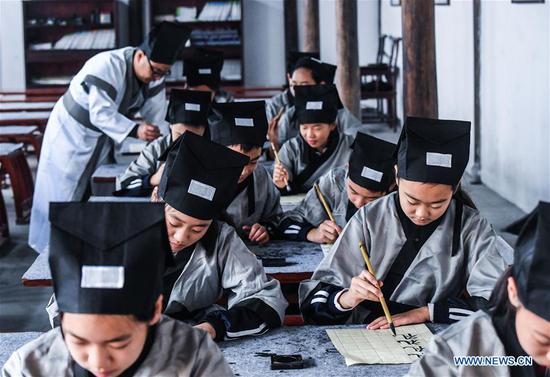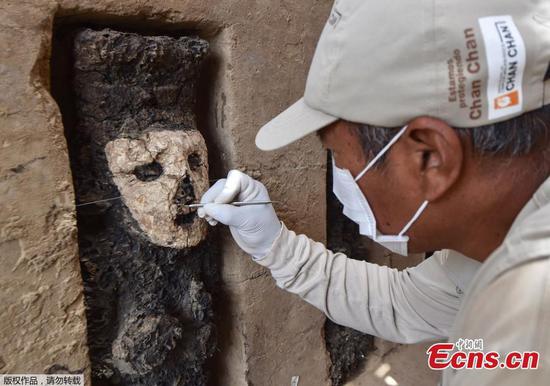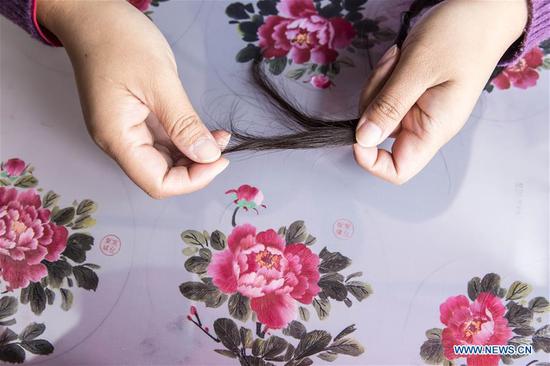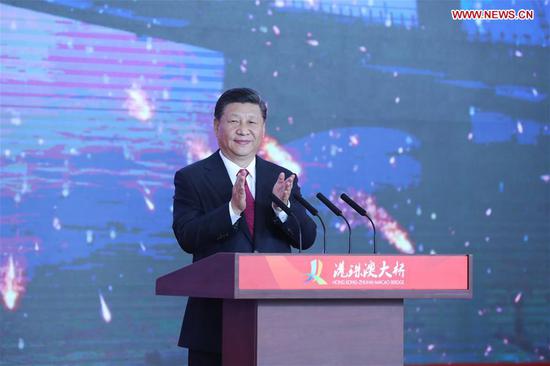The World Anti-Doping Agency (WADA) has shifted its focus to anti-doping education rather than traditionally testing, its president Craig Reedie said Wednesday in Beijing.
"Traditionally the way to protect clean athletes is to test them and being involved in lots of rules," Reedie said in an interview with the Global Times on the sidelines of the WADA Global Education Conference hosted by the Chinese Anti-Doping Agency (CHINADA).
"We are trying to change the principle, we need to educate people, particularly the young people."
As the worldwide anti-doping regulator, WADA is currently creating an international educational system to help national anti-doping agencies follow, he said.
"If we are going to win the fight against doping in sports, it is much better to educate people on a very wide basis than to test and punish them," he said. "From an educational point of view, the rules and principles and ethos behind it all are much more important, as it reaches many more people."
Doping is not new in sports as many high-profile athletes have been caught in recent years, including Chinese.
Retesting of 2008 Olympics samples have led to three Chinese weightlifters being stripped of their gold medals.
Chinese female swimmer Chen Xinyi was tested positive for hydrochlorothiazide, a banned substance during the 2016 Rio Olympics.
As Beijing prepares to host the 2022 Winter Olympics, China has vowed to make it "pure and clean as snow and ice," with Sports Minister Gou Zhongwen reiterating China's zero-tolerance stance on doping on Wednesday.
To prevent further doping incidents, CHINADA set up an education committee and an athletes committee earlier this month.
Zhang Hong, 2014 Sochi Games speed skating gold medalist and now chair of the CHINADA Athletes Committee, raised her concerns over food safety in China, telling the Global Times that nearly 80 percent of Chinese athletes tested positive due to wrong food intake.
"You cannot make sure that an athlete won't take food outside the training camp all the time, since athletes have lives," Zhang said. "Even some snacks have banned substances."
The General Administration of Sport of China suggests that Chinese athletes not dine randomly as that may lead to taking banned substances like clenbuterol.
For example, clenbuterol-contaminated pork in China has led to positive tests on several high-profile athletes.
Recent years have also seen a major anti-doping campaign in Russia as the McLaren report unveiled the systematic doping in the country.
WADA is helping rebuild the Russian Anti-Doping Agency (RUSADA) after it has admitted wrongdoings and granted WADA officials access to a Moscow laboratory and its data, Reedie said.
"RUSADA was assisting doping in Russia, but has changed completely and we hope to rebuild them," said Reedie. "The best thing we can do to protect clean athletes is to have a good system working."












